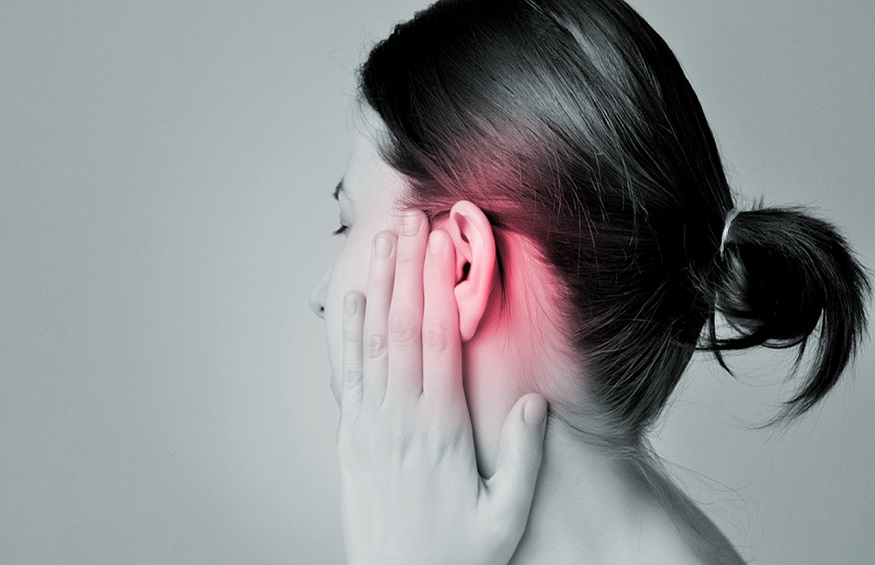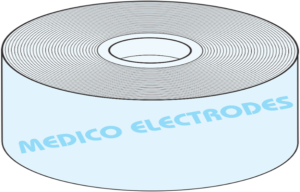Ménière’s disease: Causes and Treatments

Ménière’s disease
Ménière’s disease is a disorder in the internal ear that causes severe lightheadedness (vertigo), ringing within the ears (tinnitus), hearing loss, and a sense of fullness or congestion within the ear. Ménière’s disease typically affects just one ear.
Attacks of lightheadedness could come suddenly or after a brief amount of tinnitus or muffled hearing. Some individuals can have single attacks of lightheadedness separated by long periods. Others could experience several attacks closer together over several days. Some individuals with Ménière’s disease have dizziness so extreme that they lose their balance and fall. These episodes are known as “drop attacks.”
Ménière’s disease may develop at any age. However, it’s more common to happen to adults between forty and sixty years old. It is estimated by The National Institute on Deafness and other Communication Disorders (NIDCD) that roughly 615,000 people within the U.S. are currently diagnosed with Ménière’s disease and that forty-five,500 cases are newly diagnosed every year.
Causes of Ménière’s disease
Many theories exist concerning what happens to cause Ménière’s disease. However, no definite answers are available. Some researchers assume that Ménière’s disease is due to constrictions in blood vessels like those that cause migraine headaches. Others believe Ménière’s disease can be a consequence of viral infections, allergies, or autoimmune reactions. Since Ménière’s disease seems to run in families, it may even be the result of genetic variations that cause abnormalities within the volume or regulation of endolymph fluid.
How is Ménière’s disease treated?
Ménière’s disease doesn’t have a cure. Nonetheless, your doctor would possibly suggest a number of treatments for Ménière’s disease as stated below to help treat the condition.
Medications
The worst symptom of an attack of Ménière’s disease is lightheadedness. Prescribed drugs like meclizine, diazepam, glycopyrrolate, and lorazepam can help relieve lightheadedness and reduce the attack length.
Salt restriction and diuretics
Taking diuretics (water pills) and limiting dietary salt helps some people control dizziness by reducing the quantity of fluid the body retains, which can help lower fluid volume and pressure within the internal ear.
Other dietary and behavioural alterations
Some patients claim that caffeine, chocolate, and alcohol make their symptoms worse and either avoid or limit them in their diet. Not smoking also could help reduce the symptoms.
Cognitive therapy
Cognitive therapy is a form of talk therapy that helps people focus on how they interpret and react to life experiences. Some people realize that cognitive therapy helps them cope higher with the sudden nature of attacks and reduces their anxiety regarding future dizziness attacks.
Injections
Injecting the middle ear with the antibiotic gentamicin helps in controlling dizziness but considerably raises the danger of hearing loss because gentamicin can harm the microscopic hair cells in the internal ear that help us hear. Some doctors inject a corticosteroid instead, which has zero risk of hearing loss and frequently helps reduce vertigo.
Pressure pulse treatment
The U.S. FDA recently approved a tool for Ménière’s disease that fits into the external ear and delivers intermittent atmospheric pressure pulses to the middle ear.
Read more: Pain in the Arch of the Foot
The atmospheric pressure pulses seem to act on endolymph fluid to stop the dizziness.








